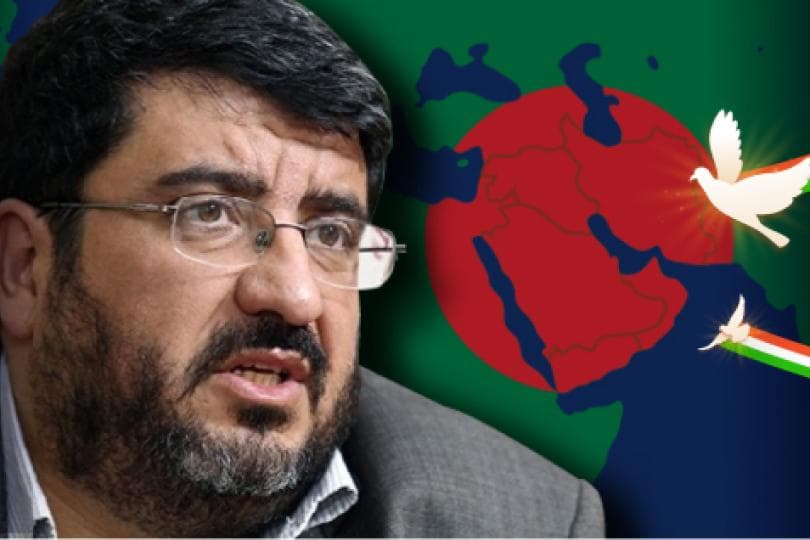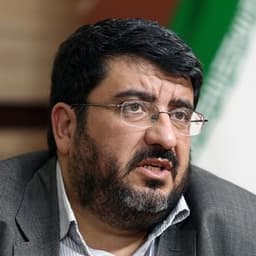Gaza Conflict Escalates, Pivots Spotlight on India's Rising Role
As Gaza's turmoil intensifies, India emerges as a key player in shaping a new balance of power and peace in West Asia.

Before the recent bloodbath in Gaza, the positive outcome of the Iran-Saudi Arabia détente was viewed as a game-changing development in West Asia. This significant turn of events was overshadowed by the flare-up of the Israel-Hamas conflict, a stark reminder of the region's volatility. As the influence of the United States waned, new equations emerged, highlighting Israel's deepening internal crises despite constant US support.
The US's backing of Israel's relentless assault on Gaza, resulting in civilian casualties, stands in stark contrast to the pursuit of stability. This approach mirrors past US foreign policy blunders, such as the 20-year war in Afghanistan, which brought nothing but destruction, and the precarious situation in Ukraine, borne at a tremendous human cost.
Many countries perceive the US not as a trader of peace in West Asia but as a contributor to ongoing conflicts. Iran has been particularly vocal, spotlighting this reality and integrating peace advocacy into its foreign policy. At this critical juncture, India's role as a major developing world power and a seeker of peace becomes increasingly relevant.
India's interest, alongside those of Middle Eastern countries, lies in cultivating friendly ties. Understanding the new dynamics will help New Delhi formulate a well-guided policy for the region. India can gain more traction by partnering with Middle Eastern nations. Israel's campaign in Gaza has not only drained its economy but also shattered its credibility as a regional partner. The current Israeli leadership's reluctance to coexist peacefully with Middle Eastern neighbours casts a doubt on regional stability.
India's rich history of anti-colonial struggle and its current status as a voice for the Global South positions it uniquely in the cause of peace. It should not align with aggressive, colonialist powers. In its current leadership roles in the G-20 and the Global South, India emphasizes a global order not dominated by the West but equitable for all.
In competing with China for economic and geopolitical dominance, India is compelled to seek stronger partnerships with Middle Eastern countries like Iran, potentially gaining a significant edge in the region. Moreover, the current ineffectiveness of the United Nations in mediating conflicts, as evidenced by the US's repeated vetoes, underscores the need for reform. India, alongside nations like Iran seeking UN reform, advocates for a system that brings parity to the Global South.



































